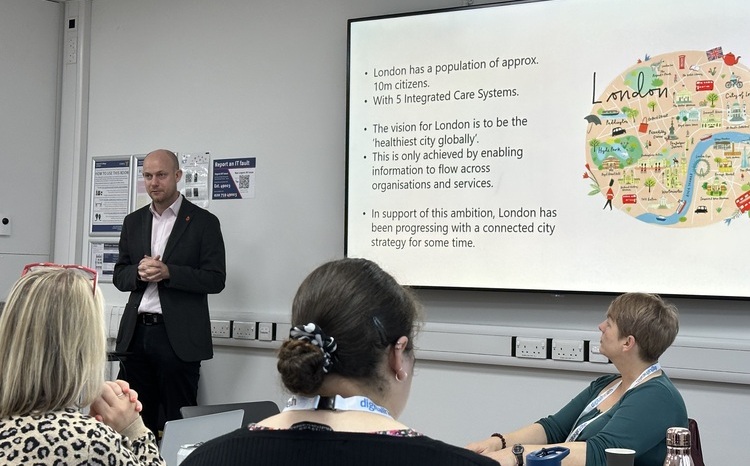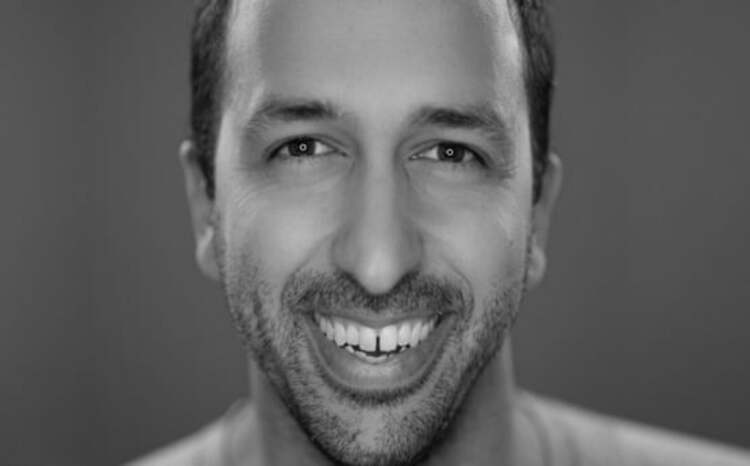Oracle boss says ‘rip and replace’ not viable
- 19 September 2007
The vice-president of Oracle Health and Life Sciences, EMEA, has said that healthcare organisations must look for new ways to get the most out of existing systems, and warned they risk failure if attempts are made to rip and replace them.
Speaking at an Oracle/CSAM press event in Oslo, Norway, Charles Scatchard, told E-Health Europe that healthcare systems cannot afford the costs of replacing their existing systems, and need to look at enterprise solutions that can scale to a regional or national level, and work with local systems.
“Unless you do this at a regional or national level you will probably fail in your attempts at electronic health,” he warned. He said attempts to deliver wall-to-wall standardised systems in big hospitals had been tried but were fraught with difficulties, not least of which are the cost and disruption.
“With enough money you can rip and replace systems on a big campus hospital and implement one standardised system. What you can’t do is do it across a regional or national basis.”
Scatchard said that the reality, particularly in complex hospital environments, was that there would always be a need for specialist local and departmental systems. Seeking to replace everything with one heterogeneous system was impossible for most institutions. Instead, the challenge is to get existing systems to work effectively with enterprise systems to enable the integration and sharing of data, supporting new capabilities like advanced clinical decision support.
“Our investigations tell us that federated models of integration will not be able to be implemented at scale and cannot give the clinical decision support at the level we want.”
He said this conclusion lay behind Oracle’s decision to back the CSAM portal approach, which he said was in line with the latest thinking of leading technology analysts such as IDG and Gartner. “What we’ve seen with CSAM is better than anything we’ve seen out of the US.”
Scatchard described the portal approach as the alternative to rip and replace and “arguably the only way of enabling systems cost effectively”.
The Oracle VP said the potential opportunity in the health IT market remained huge, with spending still lagging far behind other industries. “If you look at a very large metropolitan hospital system like Paris, with 40 hospitals, it only spends 1.5% of its budget on IT rather than the 3, 4 or 5% that other industries do.”
With the upward pressure on healthcare costs through health inflation and demographics, he said that greater investment in IT was essential to the future of healthcare systems. “If we do not have good IT we will not be able to deliver future healthcare.”
Better IT was essential to be able to measure, understand, analyse and manage costs, Scatchard stressed. “Operationally healthcare is the most complex sector of the economy but it is also the most inefficient sector of the economy.”
“Healthcare is an enduring market opportunity,” concluded Scatchard.




